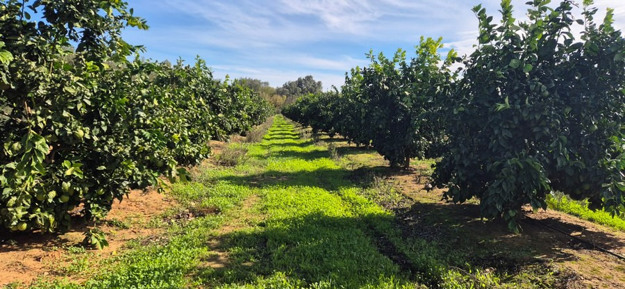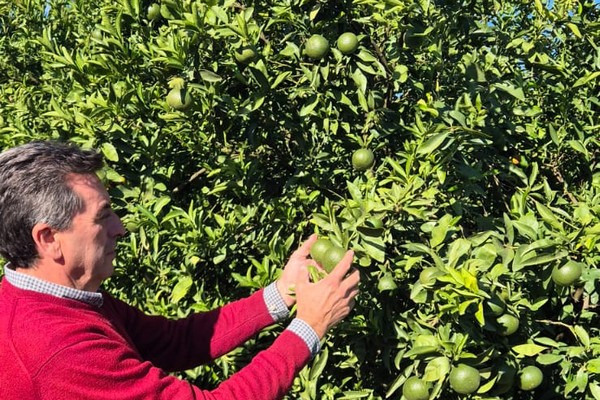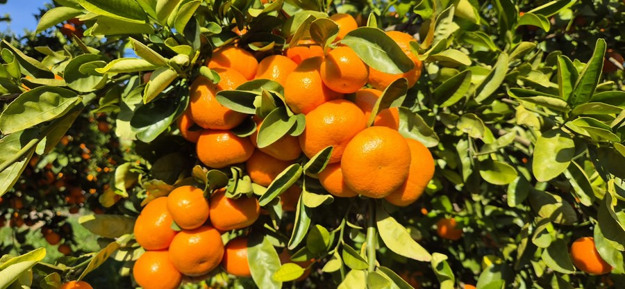The Navelina harvest will start with a certain delay in the region of Andalusia due to the rains, but in November the first oranges of the Spanish season will be arriving in all European markets.
"This year we are going to have a great production in terms of quantity and quality, with fruit with a very fine peel and good sizes thanks to the fact that we've had enough water available and no restrictions to irrigation. Also, the trees have not been stressed and that has allowed all the varieties that we work with to have very high amounts of sugars," says Miguel Sanz, from the Seville-based company Naranjas Miguelito.

"Good prices were expected In this first part of the season and, in fact, we are getting good prices in the whole area of Huelva, Cordoba and Seville, where more than 50% of the country's oranges are going to be grown this year," he says.
"It is important to remember that Valencia, where 20,000 hectares of crops have been lost due to the tragedy of the storm and floods, is home to large marketing companies and to the largest citrus exporters in Spain, which in fact also market a lot of the oranges grown in Andalusia. This, in fact, is our case. That is why now, more than ever, it is time to stand behind the EU's producing countries," says Miguel Sanz.
"We have to be aware that the Spanish production has been affected, but that there will continue to be oranges and mandarins not only here, but also in the areas of the Valencian Community that have not been hit by the floods and rains, and that only through the marketing and sale of our products will many areas, producers and marketers be able to recover at an operational level," he says.

"Importers would be doing us a disservice if, after this misfortune, the situation with Egyptian oranges were to be repeated, causing the prices of Spanish oranges to fall," says Miguel Sanz. "This crisis has been dragging on for several consecutive years, in which we have been producing less and prices have stayed low. Another season with the same conditions would be a huge blow to the Spanish citrus sector as a whole. Year after year, Egypt is gaining more and more ground in the market, especially through the Netherlands, which are Europe's gateway to imports. Every gap in the demand from the north that we fail to meet is immediately covered by them with prices that are very difficult to compete with."

"That is why our company is always promoting the high quality of the oranges and mandarins we grow, with varieties like the Navelina, Lane Late, Powel, Barberina, Leanri or Golden Nugget. Just as you cannot compare drinking a reserve wine with one from a tetra brick, a Spanish orange that meets all of the EU's phytosanitary and food safety requirements isn't the same as one imported from countries where the product is not required to meet the same standards," says Miguel Sanz.
"People should be aware of what they are buying and what they are eating, and that the price paid to growers should be fair so that they can pay their salaries and meet their financial and fiscal obligations, as well as cope with rising costs. And this year it will be even more important," he says.
For more information:
Naranjas Miguelito
Calle Vicente Aleixandre, 6
41960 - Gines, Seville. Spain
Tel.: +34 675 286 993
www.naranjasmiguelito.com
